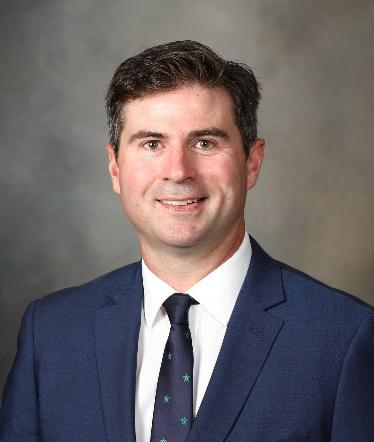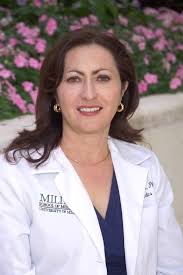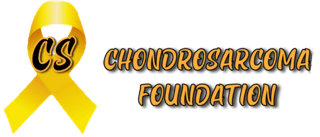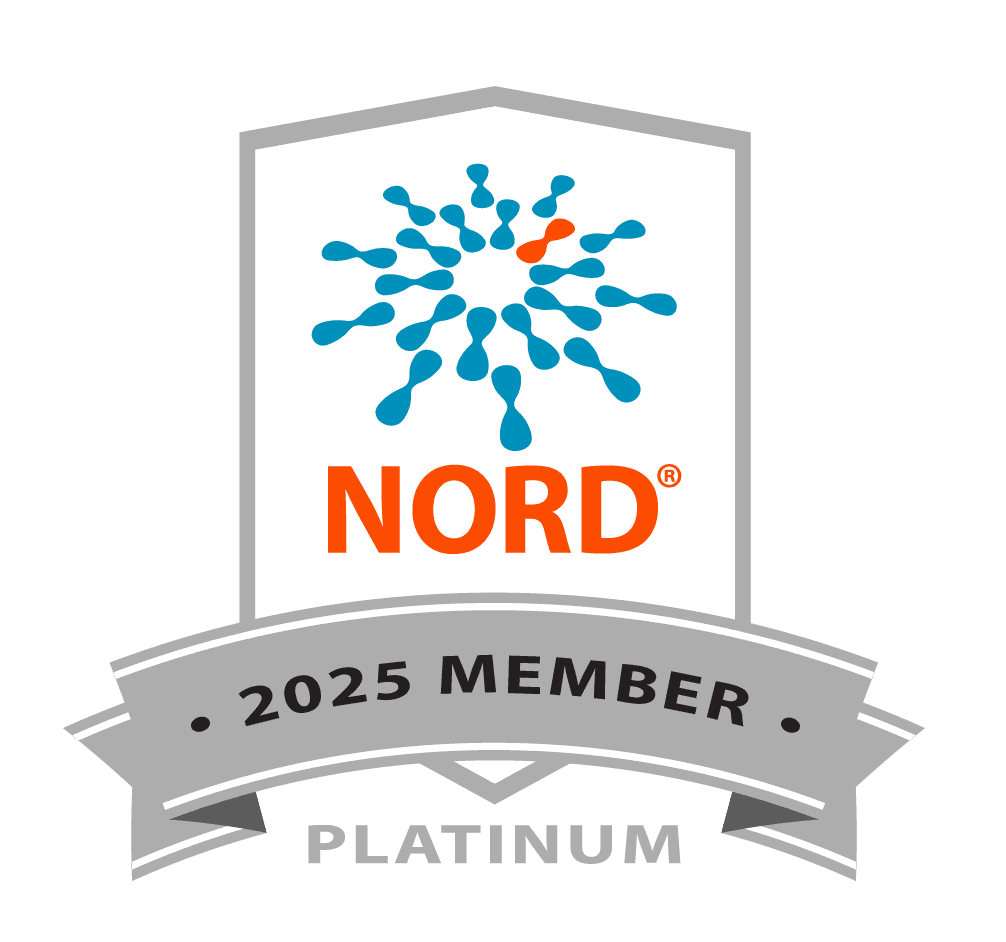Virtual Dialogue 1: Straight Talk on Chondrosarcoma
Virtual Dialogue Straight Talk About Chondrosarcoma
(Jump To Video Links)
On November 17, 2020 the Chondrosarcoma CS Foundation, Inc. held its first International Virtual Dialogue entitled: Straight Talk About Chondrosarcoma. There were 109 registrations and at one time we had over 80 participants attend the Virtual Dialogue consisting of CS Patients, Family members, Oncologists, Sarcoma Specialists, Radiation Oncologists, Pathologists, CS Clinical Researchers and others. “Straight Talk” was the theme of the Virtual Dialogue providing an honest assessment of Chondrosarcoma and educating those who are newly diagnosed.

After some brief introductory remarks, John Gross, M.D. a board member of the CS Foundation and Faculty Assistant Professor, Bone and Soft Tissue Surgical Pathology at Johns Hopkins University in Baltimore, MD, provided a presentation entitled: Chondrosarcoma: Challenges in Diagnosis, Grading and the Importance of Proper Classification. He submitted an article on this topic in July, 2020 and it is posted in the Commentaries section of the web site: csfshayna.org/commentaries/
John emphasized the need to have surgical pathologists accurately diagnose, grade and classify Chondrosarcoma and explained how challenging and difficult that process is but necessary to help oncologists and patients determine the best course of care for their medical condition. He indicated that Sarcomas are rare – even for pathologists who diagnose cancers every day. He emphasized that a Multidisciplinary approach is needed to get the correct diagnosis and the clinical assessment including whether the tumors are growing. Dr. Gross also advised CS Patients and Family members to be their own advocates. He said, second opinion pathology requests are common, especially for rare tumors. He advised not to be afraid to ask for a second opinion and encouraged sending the biopsy to a larger academic medical center, especially a sarcoma center. Sarcoma Centers can typically offer the best care and better outcomes.
Dr. Gross presented slides to graphically illustrate the different kinds of Chondrosarcoma with different grades and classifications. From non-malignant enchondroma/chondromas to aggressive Dedifferentiated Chondrosarcoma. He showed slides for each Conventional Chondrosarcoma. Grade 1 -3, Mesenchymal chondrosarcoma, and Dedifferentiated chondrosarcoma. He shared what the tumors looked like, talked about typical growth patterns as well as their prognosis.

After a short Q&A and Discussion, Karina Galoian, Ph.D.; Director of Research for Sarcoma, at the University of Miami, Miller School of Medicine introduced her innovative research to isolate cancer stem cells. In her lab Karina identified a new neuropeptide (PRP-1) that has a receptor that binds to Cancer Stem Cells inhibiting their growth. According to Karina, “we were able to target cancer stem cells, isolate them and keep them from replicating.” The process is in the laboratory stage and will move into animal trials before human trials are initiated, but this research has promise for future treatments of Chondrosarcoma.
Dr. Galoian said: “Tomorrow I will go to the lab with more inspiration after this. I have special aspirations for rare diseases; neglected by funding agents; I lost my husband to a rare disease – I know the suffering and what it means. I salute all of you advocates.” For more information on Dr. Galoian’s research: https://csfshayna.org/site/sarcoma-searching-for-causes-and-cures/
Following these presentations there was a 45-minute virtual dialogue between patients, family members, Sarcoma Specialists, Oncologists, Radiology Oncologists, Pathologists and CS Researchers. It was an opportunity for CS patients to ask questions and seek answers and give the medical community the opportunity to hear candidly from CS patients. The discussion focused on viable treatment protocols, early detection, proper surveillance, the need for genetic sequencing of biomarkers and mutations and effectiveness of medications for Chondrosarcoma.
Although the landscape has changed and there are more options available then there were a year ago; we still have a long way to go. No one knows the origin of Chondrosarcoma and whether or not there is a hereditary predisposition. No one knows if or how much Chondrosarcoma will grow or whether low grade CS can evolve into higher grades.
The only course of treatment is still surgery with wide margins. There is no known post-surgical treatment, care or medication that could serve as a prophylactic to keep Chondrosarcoma from growing, especially into the lungs. It appears, the benefits of chemo-medications are in the infancy stage, some medications appear to work for a short period of time. Some benefit more than others from medications but no one knows for sure what works or what does not work.
It was agreed that genetic sequencing for biomarkers is vital and should be part of the CS patient’s treatment plan (as opposed to an option) in determining if certain mutations exist. For example, Ivosidenib an IDH 1 / 2 inhibitor shows promise in slowing, stopping and even remission of Chondrosarcoma. Two CS patients, one on the medication for nine months and the second patient on it for 6 years both talked about how the medication has stabilized and slowed and reduced the growth in their in-operatable masses with very few or no side effects. If clinical trials continue to be successful, it might be that any patient that has the IDH 1 or 2 biomarker should be prescribed Ivosidenib.
The Chondrosarcoma Foundation advocacy efforts focus on improving the treatment and care for CS patients. Most importantly the foundation advocates for more compassionate care, cutting through red-tape and promoting the patient’s right to receive treatment especially if it is potentially life-saving. Straight Talk About Chondrosarcoma was the first International Forum for Sarcoma Specialists, CS Patients and their Families to focus on Chondrosarcoma. Like we were with our daughter Shayna; Chondrosarcoma patients and their families are looking for answers and the CS Foundation wants to help get them the answers they need to make critical decisions about their care. Hosting the Straight Talk Virtual Dialogue met the mission of the Foundation and brought us one step closer to finding answers to improve the care and finding a cure for Chondrosarcoma.
Video 1:
Straight Talk About Chondrosarcoma Welcome on Vimeo
Welcome Remarks from Jeff Kramer, President of the Chondrosarcoma CS Foundation, Inc.
Video 2:
Straight Talk About Chondrosarcoma with John Gross, M.D. on Vimeo
John Gross, M.D.: Assistant Professor, Division of Bone and Soft Tissue Pathology at Johns Hopkins University in Baltimore discusses the Challenges in Diagnosing, Classifying and Grading Chondrosarcoma.
Video 3:
Straight Talk About Chondrosarcoma with Karina Galoian, Ph.D. on Vimeo
Karina Galoian, Ph.D.; Research Director for Sarcoma at the University of Miami, Miller School of Medicine discusses the role of her Stem Cell Research in treating Chondrosarcoma.
Video 4:
Straight Talk About Chondrosarcoma: Open Discussion 1 on Vimeo
Part 1: An opportunity for CS Patients and their families to have an open and candid discussion with Oncologists, Sarcoma Specialists, Radiology Oncologists, Pathologists and Clinical Researchers about their concerns with this rare bone and soft tissue cancer.
Video 5:
Straight Talk About Chondrosarcoma: Open Discussion 2 on Vimeo
Part 2: A continuation of the open discussions between CS Patients and their families and Oncology Professionals about Chondrosarcoma.





